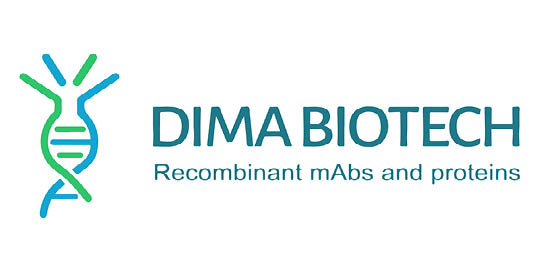Human OPN4-Strep full length protein-synthetic nanodisc
Human OPN4-Strep full length protein-synthetic nanodisc
Artikelnummer
DMAFLP120380-50
Verpackungseinheit
50 µg
Hersteller
DIMA Biotechnology
Verfügbarkeit:
wird geladen...
Preis wird geladen...
Background: Opsins are members of the guanine nucleotide-binding protein (G protein)-coupled receptor superfamily. This gene encodes a photoreceptive opsin protein that is expressed within the ganglion and amacrine cell layers of the retina. In mouse, retinal ganglion cell axons expressing this gene projected to the suprachiasmatic nucleus and other brain nuclei involved in circadian photoentrainment. In mouse, this protein is coupled to a transient receptor potential (TRP) ion channel through a G protein signaling pathway and produces a physiologic light response via membrane depolarization and increased intracellular calcium. The protein functions as a sensory photopigment and may also have photoisomerase activity. Experiments with knockout mice indicate that this gene attenuates, but does not abolish, photoentrainment. Alternative splicing results in multiple transcript variants encoding different isoforms. [provided by RefSeq, Jul 2008]
Description: Human OPN4-Strep full length protein-synthetic nanodisc
Molecular Weight: The human full length OPN4-Strep protein has a MW of 52.6 kDa
Protein Families: Transmembrane,Druggable Genome,
Protein Pathways: GPCRDB Class A Rhodopsin-like,
Storage & Shipping: Store at -20°C to -80°C for 12 months in lyophilized form. After reconstitution, if not intended for use within a month, aliquot and store at -80°C (Avoid repeated freezing and thawing). Lyophilized proteins are shipped at ambient temperature.
Tag: C-Flag&Strep Tag
Expression Host: HEK293
Formulation & Reconstitution: Lyophilized from nanodisc solubilization buffer (20 mM Tris-HCl, 150 mM NaCl, pH 8.0). Normally 5% – 8% trehalose is added as protectants before lyophilization. Please see Certificate of Analysis for specific instructions. Do not use solvents with a pH below 6.5 or those containing high concentrations of divalent metal ions (greater than 5 mM) in subsequent experiments.
Target: OPN4
Uniprot ID: Q9UHM6
Usage: Research use only
Description: Human OPN4-Strep full length protein-synthetic nanodisc
Molecular Weight: The human full length OPN4-Strep protein has a MW of 52.6 kDa
Protein Families: Transmembrane,Druggable Genome,
Protein Pathways: GPCRDB Class A Rhodopsin-like,
Storage & Shipping: Store at -20°C to -80°C for 12 months in lyophilized form. After reconstitution, if not intended for use within a month, aliquot and store at -80°C (Avoid repeated freezing and thawing). Lyophilized proteins are shipped at ambient temperature.
Tag: C-Flag&Strep Tag
Expression Host: HEK293
Formulation & Reconstitution: Lyophilized from nanodisc solubilization buffer (20 mM Tris-HCl, 150 mM NaCl, pH 8.0). Normally 5% – 8% trehalose is added as protectants before lyophilization. Please see Certificate of Analysis for specific instructions. Do not use solvents with a pH below 6.5 or those containing high concentrations of divalent metal ions (greater than 5 mM) in subsequent experiments.
Target: OPN4
Uniprot ID: Q9UHM6
Usage: Research use only

 English
English











